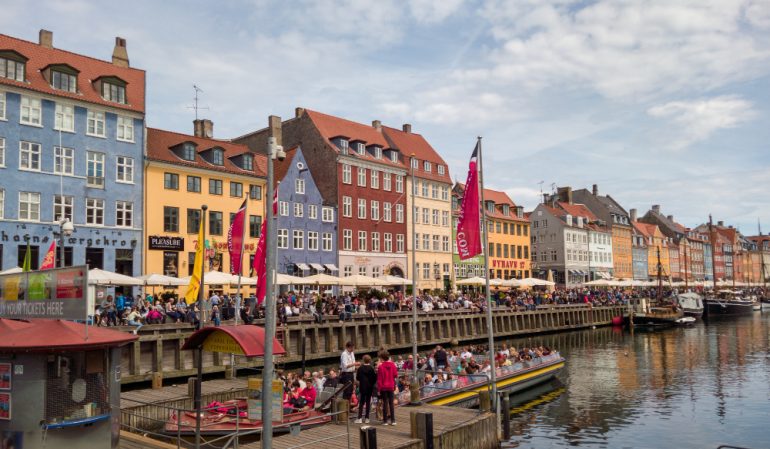Reach us
Blog

18
Jun 2025
Protests Erupt Across Southern Europe as Locals Push Back Against Overtourism
In the heart of southern Europe’s sun-drenched coasts and postcard-perfect cities, a new wave of protests is sweeping through local communities — not against politics or inflation, but against overtourism.From Barcelona to Venice and the Greek islands, frustrated residents are taking to the streets to voice concerns that go beyond mere seasonal inconvenience. What was once a welcome economic boost has, in many regions, become a double-edged sword, affecting everything from housing to culture to the environment.
Locals Priced Out of Their Own Cities
One of the most immediate impacts of overtourism is on the real estate market. The surge in short-term rentals through platforms like Airbnb has made it difficult for locals to afford housing in their own cities. In popular destinations like Lisbon and Dubrovnik, entire neighborhoods are now dominated by tourist accommodations, leaving permanent residents struggling to find affordable long-term options.
Heritage, Culture & Environment Under Threat
Historic city centers and fragile ecosystems are also feeling the pressure. In Venice, rising foot traffic from cruise ships and day-trippers has prompted authorities to introduce entrance fees and restrict group tours. In Santorini and Cinque Terre, environmental degradation is becoming an urgent issue as narrow paths and limited infrastructure buckle under the sheer volume of visitors.
Tourists, often unaware of local customs and sensitivities, unintentionally contribute to the erosion of cultural traditions, turning once-authentic neighborhoods into commercial hotspots.
“Tourists Go Home” – The Message on the Streets
The protests, though largely peaceful, are becoming more organized. Banners reading “Tourists Go Home”, “This Is Not a Theme Park”, and “My City Is Not for Sale” are common sights during weekend demonstrations. Local advocacy groups are demanding tighter regulation of tourism, better preservation of public spaces, and policies to protect residents from being pushed out.
A Call for Sustainable Tourism
Interestingly, most protesters aren’t against tourism itself. What they want is balance — and sustainable tourism. This means enforcing limits on daily visitor counts, promoting off-season travel, redirecting traffic to lesser-known destinations, and holding tourism companies accountable for their environmental and social impact.
Many cities are beginning to listen. Measures like tourist taxes, licensing caps for short-term rentals, and promoting “slow tourism” are being introduced — but activists argue that much more needs to be done.
What Can Travelers Do?
If you’re planning to visit southern Europe, here are some ways you can be a responsible traveler:
Choose locally owned accommodations and businesses
Travel during shoulder or off-peak seasons
Respect local customs, noise levels, and signage
Avoid overcrowded landmarks during peak hours
Support lesser-known towns and destinations
Final Thoughts
Southern Europe’s beauty and charm continue to attract millions — and rightly so. But for tourism to be a win-win for both travelers and residents, sustainability must be at the heart of every itinerary. The recent protests are not just acts of resistance — they’re a wake-up call to reimagine how we explore the world.
